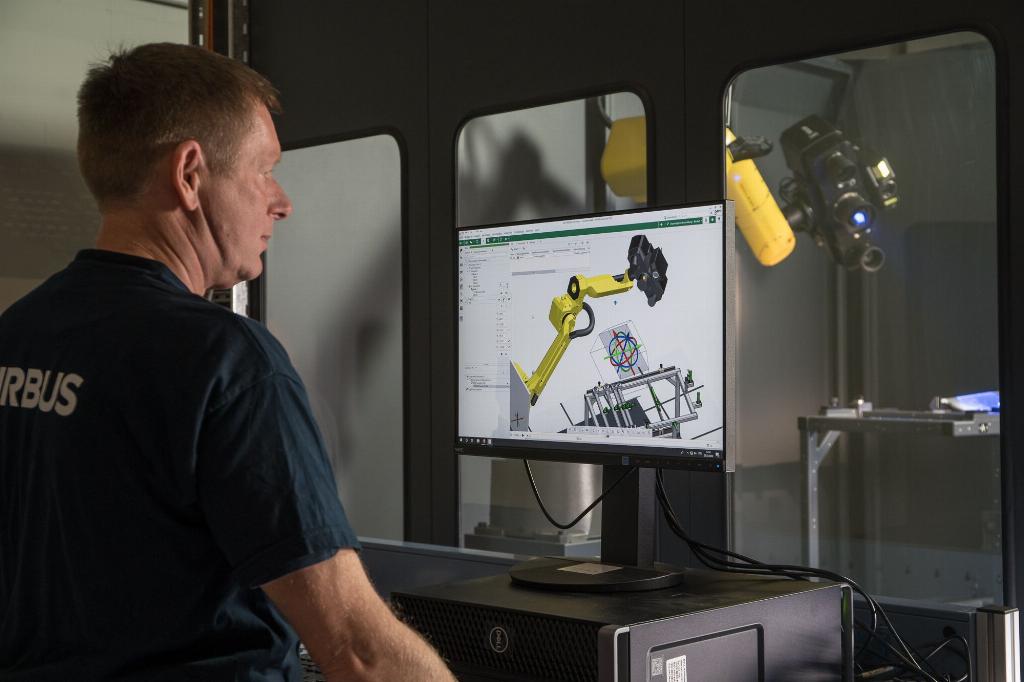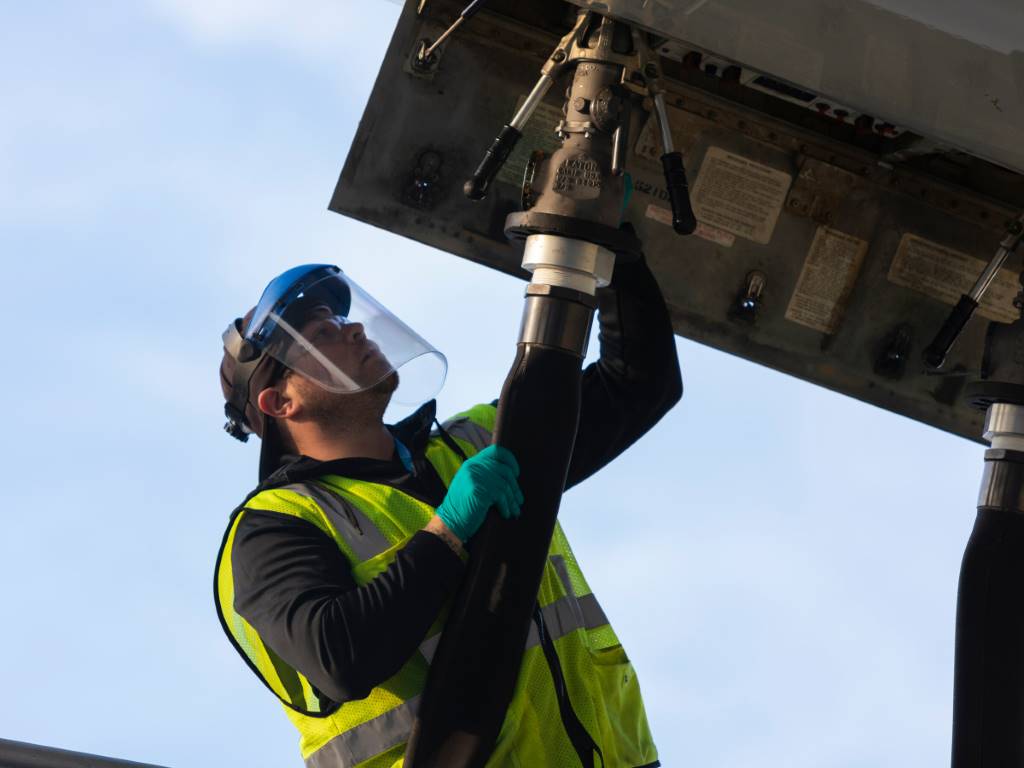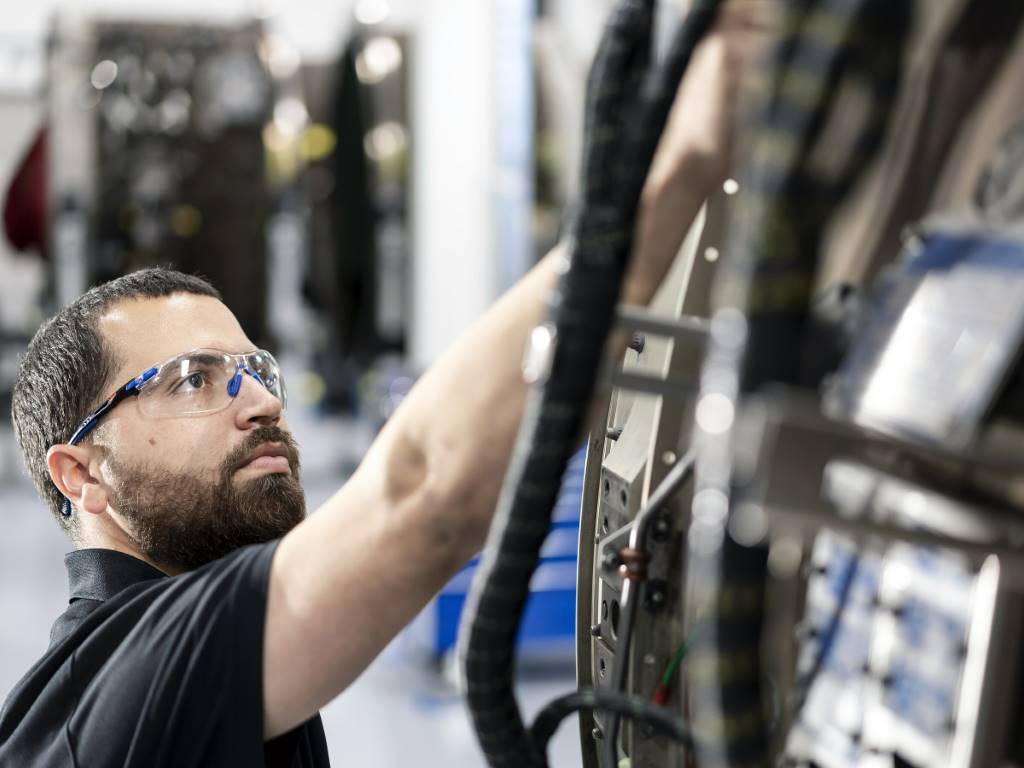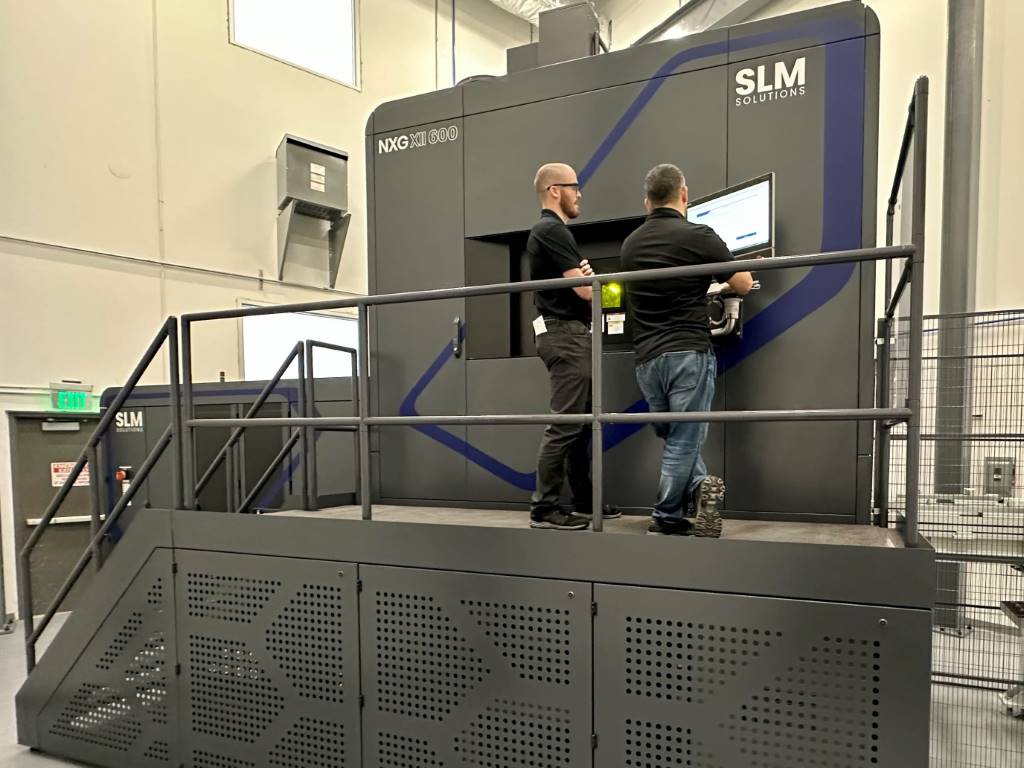Taking to the skies again

As we take to the skies again, Airbus, together with its industry partners and regulatory bodies, are working to examine all aspects of the end-to-end travel experience to ensure it continues to be healthy and safe against the backdrop of a global pandemic. Mike Richardson reports.
The outbreak of a global pandemic has brought with it a great deal of concern which in turn will force changes in the way we will travel for the foreseeable future. Whilst the world may not be the same as it was half a century ago, aviation will continue to play a key role.
In the past as in the future, aviation will continue to stimulate the recovery by connecting global economies and enabling the revival of trade and tourism. It will also be important for renewing and maintaining social and family ties. With the purpose of uniting, and safeguarding people across the world comes great responsibility. It is why Airbus says its number one priority is the continued safe transport of everyone who flies aboard its aircraft.
Airbus’ industry is a complex and interdependent ecosystem with many different parts. As a result, it is doing its best to keep these parts synchronised in a dynamic Covid-19 environment that is still evolving. Furthermore, the company is assessing the likely demand for the next few years for 2021–2023+ and the speed of recovery in the longer term.

In the immediate term, and with a commitment to preserving its ability to meet customer demand and further adapt as the global market evolves, Airbus continues to closely monitor and respond to the changing environment in order to maintain business continuity across its global industrial stream. Airbus is also making extensive use of the support mechanisms offered by the various governments on furloughs, ‘activité partielle’, ‘Kurzarbeit’ and ‘Expediente de Regulación Temporal de Empleo (ERTE)’, etc. which allows the company to adapt very quickly.
The current scope of measures include: health & safety, where new hygiene, cleaning and physical distancing measures have been introduced throughout the company in both production and office environments; customers and suppliers, where Airbus has engaged in ongoing dialogue to understand their specific circumstances and delivery requirements in the short- and medium-term; operations, where Airbus has reduced its production rates for commercial aircraft by approximately one-third and is able to continue to adapt as the situation evolves; finance, where Airbus has secured an additional credit line of €15 billion to bolster liquidity; finally, huge efforts on cash containment have been launched throughout the company including significant cuts in all external spend. Airbus now focuses exclusively on business-critical activities.
It is also worth noting that since the very beginning of the crisis, Airbus has been adapting its services in order to meet new customers’ needs and to maintain indispensable services: examples are the maintenance adaptation for parking and storage situations, a new Skywise-based app dedicated to aircraft parking management, and an ‘aircraft return to operation’ maintenance course.
In addition, Airbus’ Flight Training’s dedicated Covid taskforce is proactively implementing measures to guide its customers and stakeholders through the crisis and to prepare them for the resumption of normal operations worldwide. To this end, the taskforce recently rolled-out various measures throughout Airbus’s global training network, National Aviation Authorities and Airbus operators including: further deployment of classroom instruction via video-conferencing to allow ab-initio theoretical training to continue in the flight school network; increased distance-learning in the advanced flight training phase called ‘Extended Flight Training Distance’ (EFTD) learning; renewed recency programme which is adapted to the ‘new reality’; and the ‘Airbus Pilot Re-launch Program’ (APRP), providing several solutions for training for pilots who have been grounded for an extended period.
Hit the reset button
We’re in a time where companies should be using this pandemic enforced downtime to effectively ‘reset’ and look at how effectively they are running their businesses. But are there actually any positives in general to come out of all this?
According to Airbus, a crisis is an opportunity to become simpler and leaner. The company has significantly increased its ‘green’ quality gates and reduced outstanding work across its sites. The current situation of reduced rates also provides it with an opportunity to review and consolidate quality production standards to be ready for the time when production will recover.
Whilst many forward-thinking companies have been using communication methods like Zoom, MS Teams, Skype and webinars with their customers to maintain contact, Airbus’ teams have extensively adopted Google Suite communication tools.

Indeed, the company recently commenced the operation of a new aircraft hand-over and ‘e-Delivery’ virtual process which guarantees continuation of Airbus’ delivery stream, while integrating the required health & safety requirements during the ongoing Covid-19 pandemic. As the pandemic kicked-in earlier this year, the first customer to adopt the remote end-to-end process was Pegasus Airlines, who received three brand-new ‘e-delivered’ A320neo family aircraft. More airlines followed likewise in adopting this type of delivery process.
As well as affording a means of safe business continuity during the current Covid-19 crisis, the e-Delivery process, and in particular its new collaborative digital aspects which confer enhanced workflow efficiencies, flexibility, transparency, plus a more environmentally-friendly and smoother overall customer experience, could become the blueprint for Airbus and its customers going forward.
Making the most of data
The importance Airbus places on Industry 4.0 and the Factory Of The Future concept can be seen within its Manufacturing Milling Centre (MMC) Hamburg, Finkenwerder site. Here, Airbus has increased the level of automation and robotics to enable faster, more efficient manufacturing while keeping its prime focus on quality. Furthermore, the robots improve the ergonomic situation for many workers and by working in partnership with them, new competences and skills can be developed.
A key aspect is that Airbus is now learning to draw the right conclusions from the data generated by the systems. The data and potential systems are the basis for using the possibilities of, e.g. artificial intelligence in NC programme creation. There are many interesting approaches to this currently on the market.
Establishing long-standing partnerships - both with the client and supplier – can bring huge benefits, particularly as trusted relationships can lead to a better way forward for all.
Airbus’ commercial teams are in continuous dialogue with both customers and operators, reaching out to them to understand their situation and exchange on a way forward. On the supplier side, Airbus has implemented a taskforce (known as a ‘Supplier Watchtower’) to be able to monitor the situation with the suppliers and to anticipate - working together as an industry to keep things flowing predictably - to avoid an impact in any part of the value chain during the pandemic, and to eventually emerge from it together in full synchronisation.
In summing up, Airbus concludes that at this point in time, it is confident that it has the right products. The company also has many ideas and ambitions for this industry. The environment, de-carbonisation and need for flights will be key drivers, and Airbus will keep investing in the right products to meet the needs of the future. Overall, the aviation industry has always been and will remain a long-term business and after the crisis, it is convinced people will want to and still need to fly.












